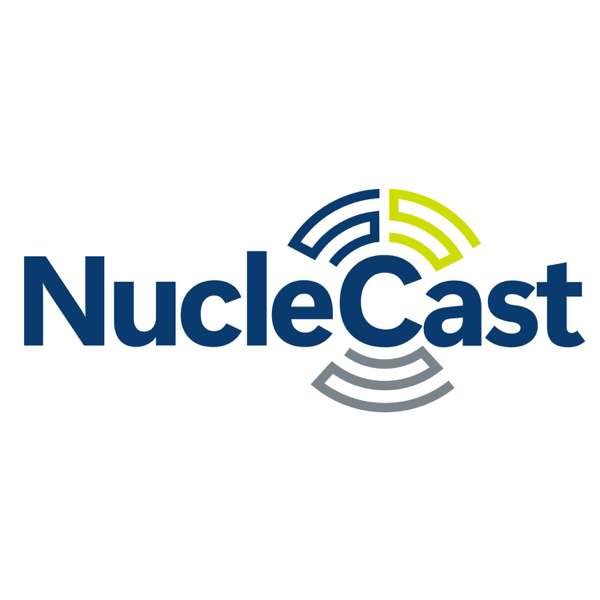The City of Whitehall views affordable housing not only as a moral issue, but certainly as an economic development issue. And that's why we wanted to dedicate an episode talking about this topic.
As economic development professionals, people see us as really focusing on the business side. But it is also important for us to have that sustainable community and the diversification of our housing stock.
As public sector employees and as economic development professionals, we hear the term affordable housing a lot. But, it can also be called low income housing or workforce housing.
If a family pays more than 30 percent of their income on housing, it's considered a cost burden on that household. That's according to the US Housing and Urban Development Department.
Depending on a family's income levels, these high housing cost options can cause some problems for residents. They have to make hard choices between paying their rent or mortgage. Versus having to pay for other basic needs, like food, childcare or health care.
We talk to Leah Evans from Homeport in this episode. Homeport is committed to closing the housing gap by at least 250 individuals per year through profitable Low-Income Housing Tax Credit development.
We discuss the idea that we aren't building fast enough. And that creates additional problems that, as a region, we have to really step up and figure out. We need to work on our partnerships, and work on our collaboration to really tackle these kind of issues.
Over the last decade or so, Whitehall has actively participated in what now is the creation of over 300 affordable or workforce housing units, supporting low income housing tax credits to actually working on land acquisition for projects.
Our administration's policy, which we set in 2019, is that 20 percent of all future housing developments will be affordable or workforce housing. We coupled that with our Whitehall Works Development Blueprint plan that was adopted in 2019.
And so combining those two things, both our overall comprehensive plan on how to increase density and mixed use, but also do it in a way that ensured we were leaving no one behind. And we're obviously pleased that our city council viewed it as importantly as we did.
As always, we "Kick It To The County" with our guest Alex Beres, Assistant Director at Franklin County (OH) Economic Development and Planning.
Alex confirms that affordable housing is Franklin County's absolute number one built environment priority, meaning things in development that they can affect in place and in the built environment.
They concentrate on efforts of economic development incentives and partnership with the Columbus Franklin County Finance Authority, the COCIC Franklin County Land Bank, the Central Ohio Community Land Trust, andall these other low income housing tax credit developers in a grand strategy partnership. This is led by the county commissioners efforts, both through the poverty blueprint.
One of the four pillars of the Franklin County Commissioners' poverty blueprint was affordable housing. And the top priority in their economic development strategic plan from 2019 was affordable housing.
For our upcoming podcast next month. We will have a discussion on the creation of live, work and play neighborhoods.
Join Jenna and Zach monthly as they have representatives from Franklin County (OH), as well as special guests from government and other organizations, to talk about different topics that are important throughout the Central Ohio region.
That's part of the reason we named this podcast Whitehall Works. The City of Whitehall (OH) is working with a lot of different partners on transportation, affordable housing and workforce development. These are just some of the important topics that not only the City of Whitehall (OH) is working on, but everyone needs to work on.
https://www.whitehall-oh.us/

 Our TOPPODCAST Picks
Our TOPPODCAST Picks  Stay Connected
Stay Connected







